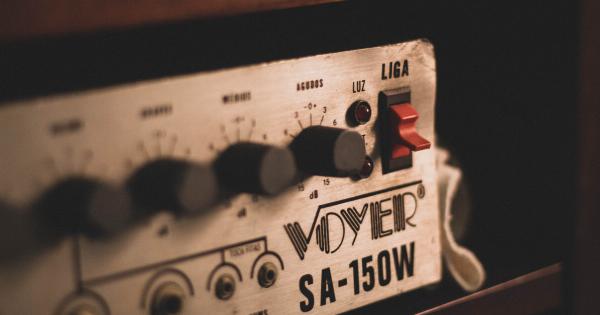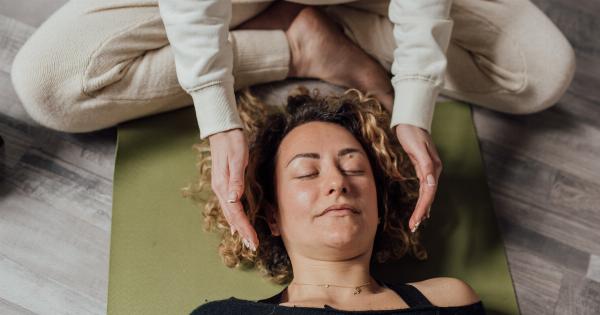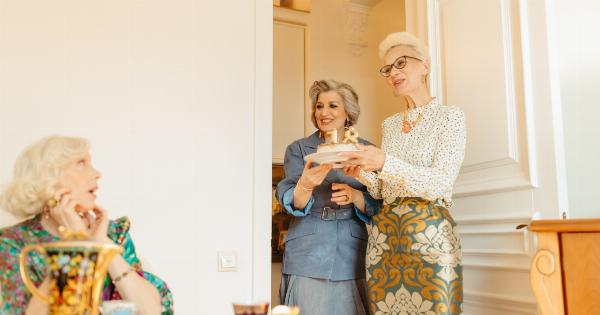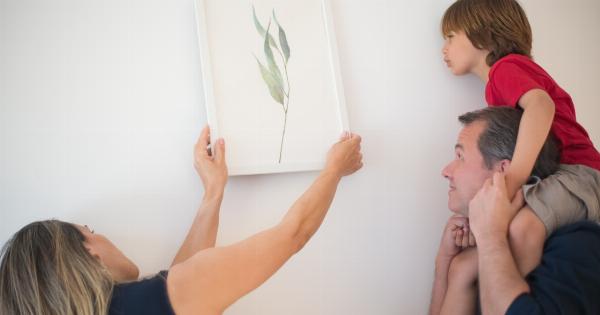One of the most devastating health conditions that affect the elderly is dementia. With the global population ageing rapidly, dementia cases are expected to rise, leading to profound social and economic consequences.
Although there are traditional treatments available, such as medications and therapy, they do not offer a complete cure.
In recent years, alternative practices have emerged, offering viable options for individuals with dementia to maintain their quality of life, as well as improving their mental abilities.
Ancient practitioners’ treatment methods in modern times
Ancient traditional practices, such as yoga, meditation, acupuncture, and aromatherapy, have been reported to positively impact the well-being of individuals with dementia.
Yoga and meditation, in particular, have shown significant promise in reducing stress levels and anxiety in individuals with dementia, allowing them to maintain their cognitive functions and improve their mood.
Acupuncture, on the other hand, has shown improvements in geospatial abilities, executive functions, and memory capacity in patients with dementia.
Aromatherapy, the use of natural oils for therapeutic purposes, has been shown to improve sleep quality, reduce agitation, and decrease behavioural disturbance in individuals with dementia.
Music therapy for dementia treatment
Music therapy is another alternative practice for individuals with dementia that is gaining popularity. It is a non-invasive and effective way to address the symptoms of dementia, such as behavioural issues and depression.
Studies have found that music therapy can help improve cognitive functions, enhance communication skills, reduce agitation and anxiety, and improve mood in individuals with dementia.
Music can also help individuals with dementia recall memories and feelings that they may have forgotten.
Animal-assisted therapy for individuals with dementia
Animal-assisted therapy (AAT) is a type of therapy that involves interactions between individuals with dementia and trained animals, such as dogs or cats.
Studies show that AAT can help reduce anxiety, improve mood, and increase socialization among individuals with dementia.
The presence of an animal in the therapy sessions can also help remind individuals of fond memories or experiences they may have had with animals in the past.
Art therapy for dementia treatment
Art therapy is another alternative therapy that has shown significant promise for individuals with dementia. It involves expressing oneself through art, such as drawing or painting, to help reduce stress and improve cognitive functions.
Art therapy has been shown to reduce anxiety and depression, increase socialization, and improve fine motor skills among individuals with dementia. Art therapy can also help individuals with dementia maintain a sense of identity and purpose.
Nature therapy for individuals with dementia
Nature therapy, also known as ecotherapy or green therapy, is the practice of spending time in nature to promote mental and physical health.
For individuals with dementia, nature therapy can help reduce stress, improve mood, and increase physical activity.
Studies have found that nature therapy can improve cognitive functions, such as attention and concentration, in individuals with dementia. It can also help reduce behavioural issues and improve sleep quality.
Dietary interventions for dementia treatment
Dietary interventions have also been explored as a viable alternative option for individuals with dementia.
Studies show that certain diets, such as the Mediterranean diet and the DASH (Dietary Approaches to Stop Hypertension) diet, can help reduce the risk of developing dementia and slow down its progression.
The Mediterranean diet, which emphasizes whole grains, fruits, vegetables, fish, and olive oil, has been shown to reduce the risk of cognitive decline and improve overall cognitive function in individuals with dementia.
The DASH diet, which emphasizes whole grains, fruits, vegetables, and low-fat dairy products, has been found to improve cognitive function in older adults with and without dementia.
The importance of non-pharmacological dementia treatments
Traditional dementia treatments, such as medications and therapy, have been the go-to options for individuals with dementia for many years.
However, there is a growing interest in alternative practices for individuals with dementia, as they offer a non-invasive and holistic approach that complements traditional treatments.
Moreover, alternative practices have been shown to improve mental abilities, reduce behavioural disturbances, and improve overall quality of life in individuals with dementia.
Alternative practices also provide opportunities for individuals with dementia to engage in creative and social activities, enhancing their sense of purpose, and preventing social isolation.
Conclusion
Alternative practices, such as yoga, meditation, aromatherapy, music therapy, art therapy, animal-assisted therapy, and nature therapy, offer viable options for individuals with dementia to maintain their quality of life and improve their mental abilities.
Dietary interventions, such as the Mediterranean and DASH diets, also play a crucial role in reducing the risk of cognitive decline and slowing down the progression of dementia.
Non-pharmacological dementia treatments have significant potential in revolutionizing traditional dementia treatment, providing a holistic and non-invasive approach to treat dementia symptoms and improve the overall well-being of individuals with dementia.





























